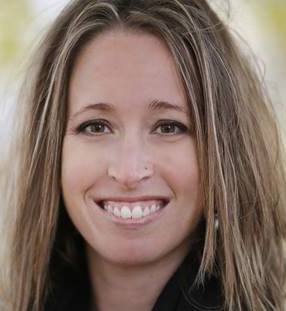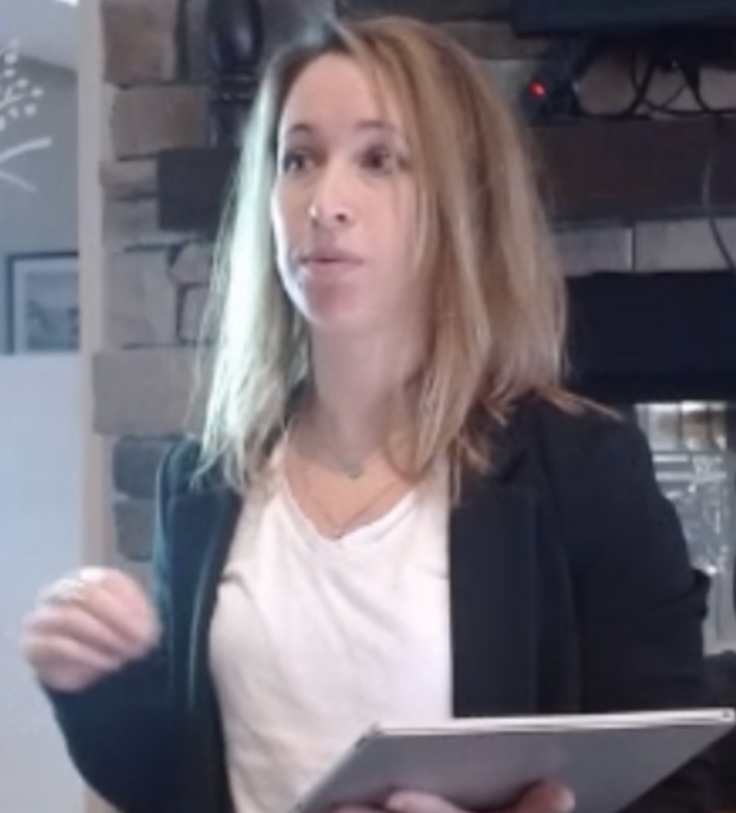
Alexis Buttgen is an experienced community-engaged researcher with an interdisciplinary academic background in community psychology and critical disability studies. She has over 15 years of experience working at several community-based research organizations and organizations of people with disabilities (OPDs). Dr. Buettgen holds academic appointments in the School of Rehabilitation Science at McMaster University, the Social Justice and Community Engagement Program at Wilfrid Laurier University and the Critical Disability Studies program at York University. The title of Alexis’s talk was: “Disability and Employment in the Green Economy”.
Alexis began her presentation with a brief quiz.
What percentage of the global population are people with disabilities? The reported number is 15%. However, this number is likely much higher. In Canada, at least one in five (or 6.2 million) people aged 15 years and over have a disability.
What percentage of people with disabilities live in poor countries? Estimated to be 80%. This means that the majority of people with disabilities are living in poverty… including Canadians.
In terms of the Green Economy, estimates suggest that the transition to low-carbon economies worldwide will be a net generator of jobs, with as many as 18 million new jobs appearing by 2030.
According to the International Labour Organization taking action in the energy sector to limit global warming to 2 degrees centigrade by the end of the century can create around 24 million jobs, largely offsetting the expected job losses estimated at 6 million and resulting in a net gain of 18 million jobs.
How can we achieve an inclusive green economy?

- Address the impacts of climate change on employment and persons with disabilities
- Ensure climate action does not harm persons with disabilities
- Identify and leverage opportunities for inclusion of persons with disabilities to increase ambition and ensure that climate action is meaningful
The challenges for people with a disability are: Exclusion from the Labour Market, Education, Policy and Community Life, Discrimination and Prejudice, and, Political Will.
Alexis’s Conclusions were:
- Global climate crises are changing the world of work
- People with disabilities are negatively impacted by exclusion
- Disability = innovation and opportunity to think and do differently
- Collaboration and participation is key!
She made the recommendations:
- Connect with organizations of people with disabilities
- Make disability inclusion and accessibility a priority in support for green initiatives
- Support entrepreneurs with disabilities
- Do your part and learn more to increase your awareness of disability
- Encourage a human rights model of disability – not charity
More information can be obtained from the STIL (Sustainability Trough and Inclusive Lens) https://stilsolutions.ca/